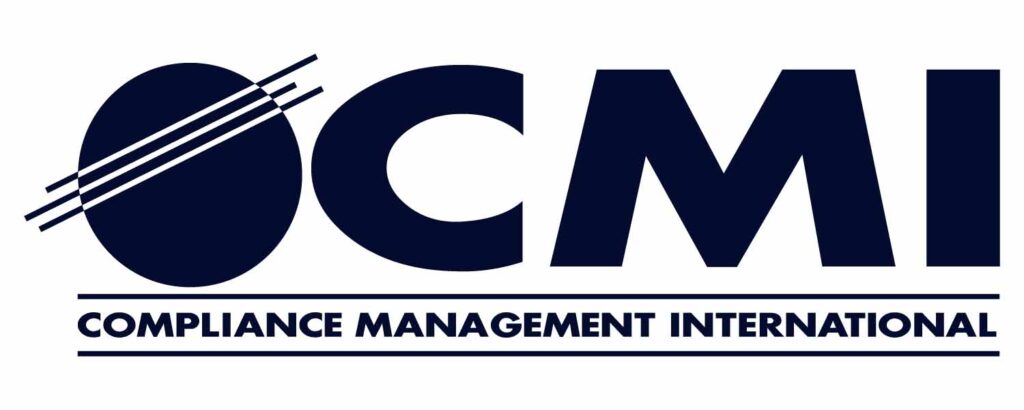Expert Air Quality Services
CMI’s air quality service division has been a leader in providing full-service environmental testing and technical services, with a strong focus on stack emission monitoring. Our team has successfully managed high-quality stack testing services for hundreds of energy, utility, industrial, and municipal clients. Beyond regulatory compliance, CMI routinely provides technical support for plant maintenance and process evaluation, ensuring optimal performance and efficiency.
Stack Testing and Air Emissions Capabilities
Compliance Stack Tests and New Source Permits
Ensuring Regulatory Compliance: Conduct comprehensive stack tests to ensure your facility meets all regulatory requirements and obtains necessary permits for new sources.
Hazardous and Pathologic Materials Incinerator Test Burns
Specialized Testing: Perform test burns for hazardous and pathologic materials incinerators to ensure safe and compliant operation.
Air Flow Studies
Analyzing Air Flow: Conduct detailed air flow studies to optimize ventilation systems and improve air quality.
Gas Stream Characterization for Control Device Design
Designing Control Devices: Characterize gas streams to inform the design and implementation of effective emission control devices.
Landfill Gas Combustion
Managing Landfill Gas: Perform testing and evaluations for landfill gas combustion systems to ensure safe and efficient operation.
Process Control and Evaluation
Optimizing Processes: Evaluate and optimize your processes to improve efficiency and reduce emissions.
Emission Control Device Performance Evaluations
Assessing Control Devices: Evaluate the performance of emission control devices to ensure they are operating effectively and efficiently.
Combustion Source Optimization
Improving Combustion: Optimize combustion sources, such as incinerators and boilers, to enhance performance and reduce emissions.
Continuous Emissions Monitoring Systems (CEMS) Testing and Audits
Continuous Monitoring: Utilize mobile CEMS testing and audits to provide ongoing monitoring and ensure continuous compliance.
Tailored Solutions for Your Air Quality Needs
At CMI, we understand that each client’s needs are unique. That’s why we offer customized stack testing programs designed to address your specific challenges and objectives. Our experienced team is committed to delivering high-quality, cost-effective solutions that help you achieve and maintain compliance while optimizing performance.
Get Started Today
Contact us today to learn how our comprehensive stack testing and air emissions services can help your organization maintain regulatory compliance, improve operational efficiency, and enhance environmental performance.
